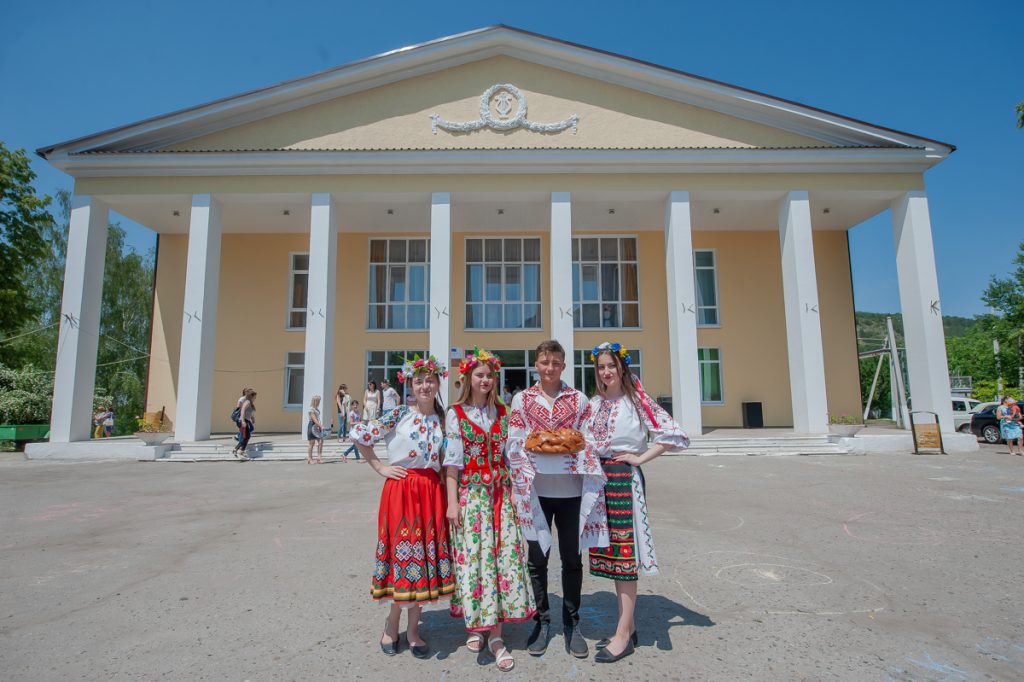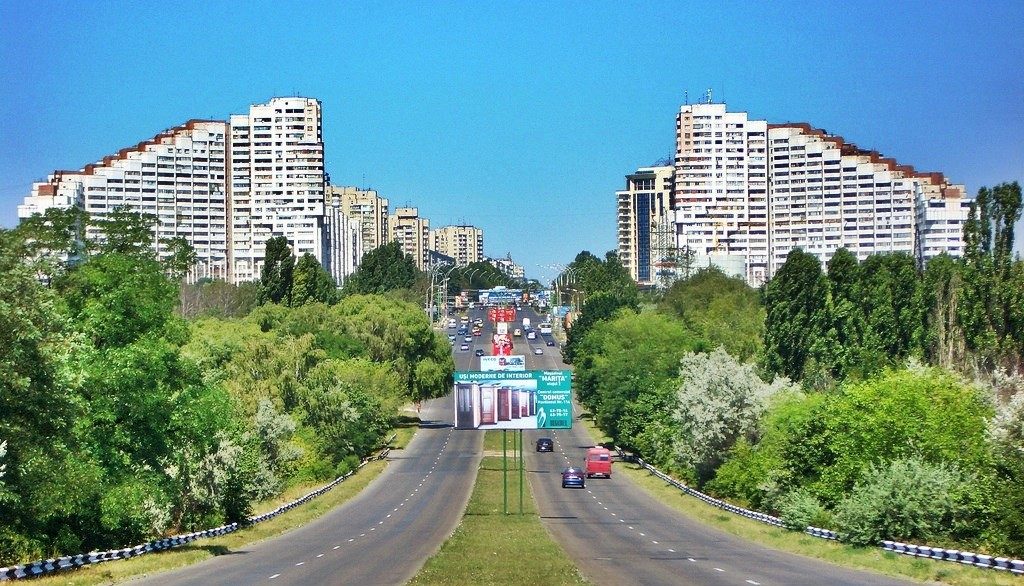
Programme support for Moldova
In 2009, Moldova was designated as a priority country in Slovakia’s mid-term ODA strategy, a status that remains in place. The Slovak Ministry of Finance began its engagement in Moldova following a Memorandum of Cooperation between the finance ministers in early 2011.
Since the inception of the cooperation, the core focus of support to Moldova has been centered on budgeting assistance. Our current activities in Moldova aim at supporting Moldova’s SDG financing, including in the area of public finance for development, and building resilience of the society. Mobilizing private resources resulted in supporting a project on energy efficiency reconstruction of the buildings belonging to public authorities. Moldova has been a Programme partner since 2011.
PUBLIC FINANCE
Together with the Ministry of Finance of the Republic of Moldova, we aim to establish a robust framework for SDG financing. Current focus is on two areas:
- Budgeting for SDGs – align public and private financial resources with SDG financing, utilizing spending reviews as a key instrument
- Tax for SDGs –develop policies to achieve specific SDGs, assess the impact and effectiveness of tax expenditures in achieving development goals, and adjust the local public finance system alignment with the Public Administration Reform Strategy (PARS) and PFM strategy.
Key achievements

RESILIENT POLICY FRAMEWORK
In 2022 – 2024, PPFD in Moldova also supported a project that reflected the need to plan and allocate resources for socio-economic recovery and resilience following the COVID-19 pandemic, the energy crisis and the escalating security situation in Ukraine.
Key achievements
PRIVATE SECTOR ENGAGEMENT
In the area of private sector engagement, we supported one project through Resource Mobilization Facility (RMF) – energy efficiency of Ministry of Defense infrastructure in Moldova. This project that was implemented in 2023 – 2024 piloted an evidence-based approach to energy efficiency (EE) reconstruction of the buildings belonging to public authorities. Energy audits of two selected buildings were conducted and short-term and long-term measures to increase EE were proposed. Their implementation is dependent on financing available.
The project also set the ground for evidence-based budgeting within the central public administration addressing the EE reconstruction of public buildings.



